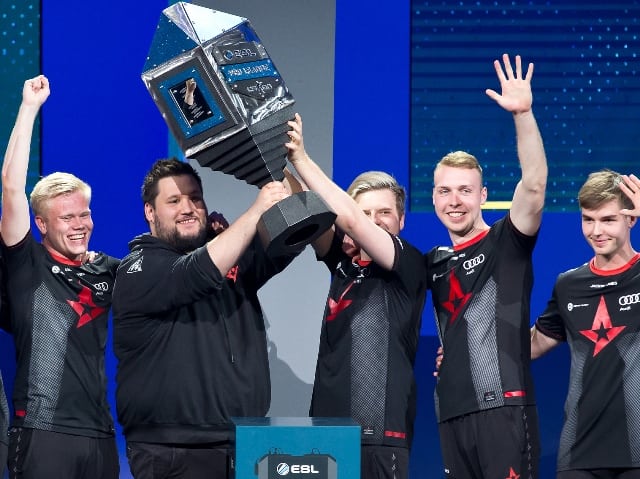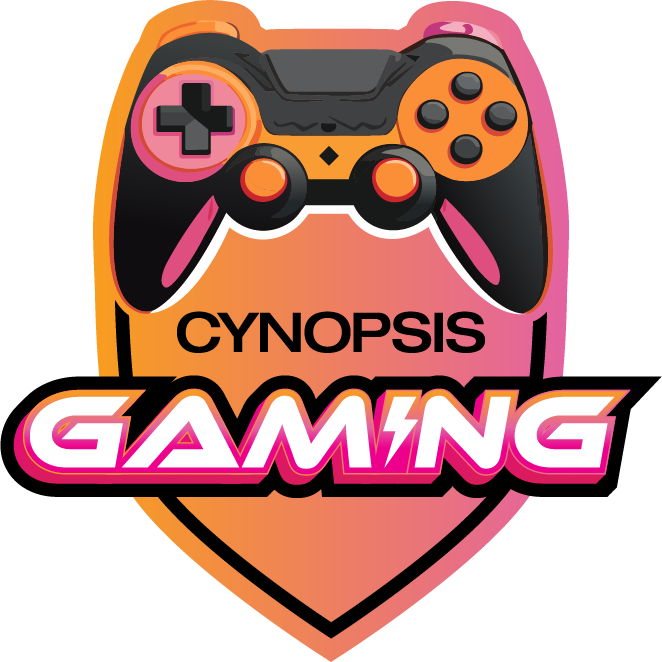ESL & DreamHack Shore Up Pro League with Louvre Agreement

The CS:GO ecosystem continued to evolve, this time with the announcement that ESL and DreamHack are restructuring the Pro League with changes that are set to include long-term league slots and revenue and profit sharing for top global teams.
With the changes coming through what is dubbed as the Louvre Agreement, ESL, DreamHack and key CS:GO teams the deal will see teams receive a share of revenues and profits from ESL’s Pro Tour competitions in addition becoming majority stakeholders in the league with a long-term slot for participation.
“‘The Louvre Agreement,’ as we have grown fond of calling it, is a clear vote of confidence by the best teams in the world and their players to create the most valuable products. It will build a platform to create stability and growth, without sacrificing the ability for new teams and players to climb to the top,” said Sebastian Weishaar, Chief Product Officer, ESL.
The deal was signed by Astralis, Complexity, Evil Geniuses, ENCE, FaZe Clan, Fnatic, G2 Esports, Mousesports, Natus Vincere, Ninjas in Pyjamas, Team Liquid, Team Vitality, 100 Thieves and ESL following a meeting in Paris in January 2020.
“Over the past year and a half, we have been working to establish a framework to create a sustainable future for the CS:GO ecosystem. The new entity will utilize our combined strengths to pave the best path forward for everyone, from teams and TO’s to fans and players,” said Victor Goossens, Founder and Co-CEO, Team Liquid. “We consider this a monumental agreement and an important step forward for all of esports.”
With the changes, ESL Pro League will now serve as a new league with a single global division starting in its 11th season, serving as a 24-team competition with a single global division, moving away from the previous regionalized model. Founding teams will retain a long-term slot in the league, with remaining teams qualifying on the basis of their world ranking or directly through the Mountain Dew League,
“It has been a long-time ambition for us to be a part of and contribute to a more structured CS:GO scene, giving players, teams and tournament organizers a stronger foundation,” said Anders Horsholt, co-CEO of Astralis Group. “This industry-defining agreement is hugely significant in the history of our game, and we’re proud to be part of it.”

